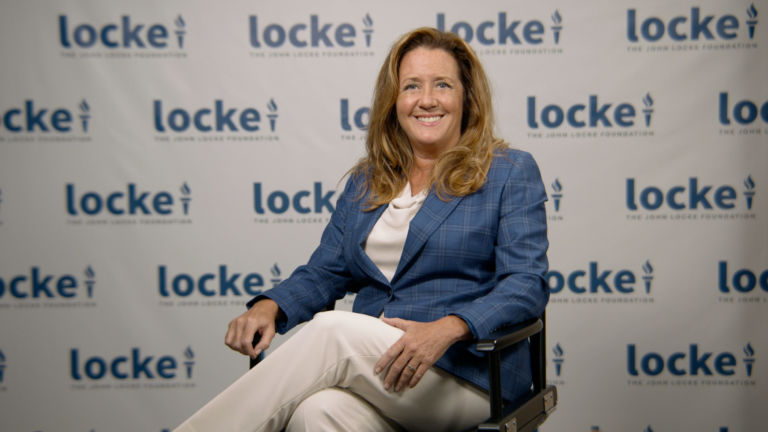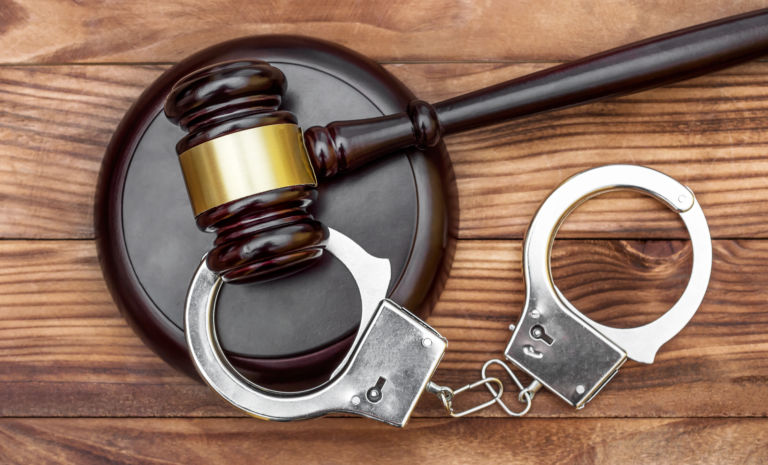That’s what UT law professor Glenn Reynolds suggests in an opinion piece at USA Today, and I couldn’t agree more. Here’s an excerpt:
The truth is, we don’t really have a criminal justice system. Mostly, what we have is a plea-bargain system. Police arrest people, prosecutors charge them with crimes, and then a deal is struck. When the police search and arrest you, you have a lot of constitutional due process rights, but they’re mostly enforceable only if you go to trial. If you go to trial, you have a lot of constitutional due process rights there. But the prosecutor’s decision to charge you with a crime (and what to charge you with), which is key to the plea bargain deal, is subject to virtually no constitutional protections at all.
Once charged with a crime, defendants are in a tough position. First, they must bear the costs of a defense, assuming they are not indigent. Second, even if they consider themselves entirely innocent, they will face strong pressure to accept a plea bargain — pressure made worse by the modern tendency of prosecutors to overcharge with extensive “kitchen sink” indictments: Prosecutors count on the fact that when a defendant faces dozens of felony charges, the prospect that a jury might go along with even one of them will be enough to make a plea deal look attractive.
Because the vast majority of cases result in plea bargains, not trials, all the constitutional due process rights make little difference. The result is something that, except in rare cases where the crime is high-profile or the defendant is rich, doesn’t look much like what’s taught in civics classes. It looks more like a conveyor belt to prison, because that’s basically what it is.
One solution is to have fewer crimes. There are — literally, as I noted in the Columbia Law Review a few years ago — so many crimes that not even the government can keep up with them all. The more crimes we create, the more criminals we create.
And that’s bad, because enforcing the law, as Yale Law professor Stephen L. Carter points out, is inherently violent. The more laws, the more violence: When New York made it a crime to sell loose cigarettes for tax reasons, Carter notes, it set the stage for Eric Garner’s death.
As Carter writes, “This is by no means an argument against having laws. It is an argument for a degree of humility as we choose which of the many things we may not like to make illegal.”
I think we’re much too quick to criminalize conduct without thinking this through. The next step in criminal justice reform should be to drastically prune the criminal law.
At the John Locke Foundation, we’ve making the case against over criminalization for years; what’s more, we’ve developed a detailed plan for solving it. It’s nice to see support our view by a respected academic in a national news outlet.


